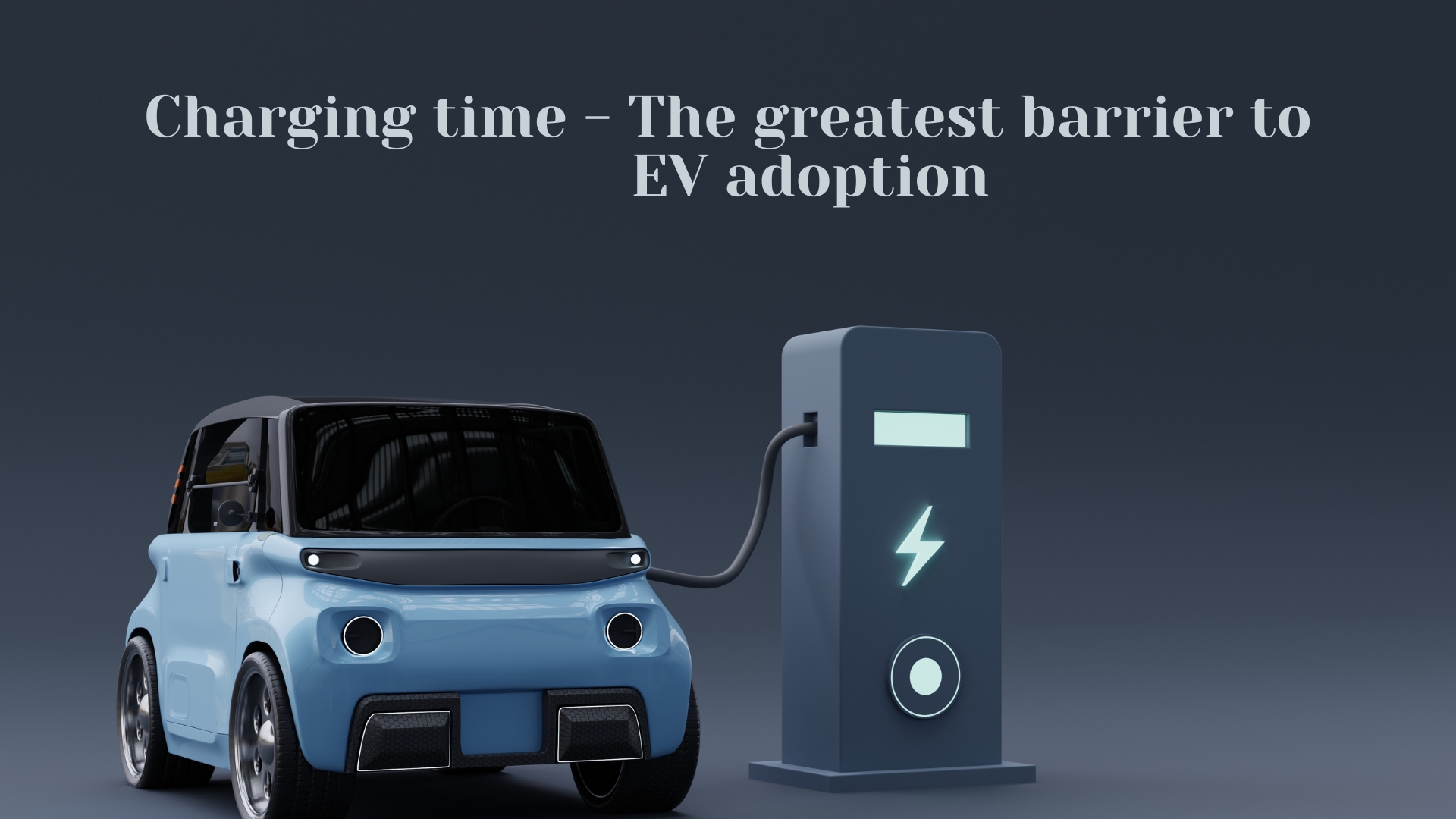
How can an electric vehicle charging time be reduced?
October 12, 2023
In a world increasingly conscious of environmental sustainability, electric vehicles (EVs) have emerged as a promising solution to combat climate change and reduce our carbon footprint. However, for EVs to truly become a mainstream transportation choice, one critical challenge must be addressed: reducing electric vehicle charging time. In this article, we will delve into some key strategies to accelerate EV charging, making it more convenient and appealing to all.
- High-Power Charging Infrastructure: One of the most effective ways to reduce EV charging time is through the installation of high-power charging infrastructure. Superchargers and fast-charging stations have the capability to supply a significantly higher amount of electricity to your EV, resulting in quicker charging. Terra Charge, for example, is pioneering this effort by deploying fast and slow EV chargers at key locations, making fast charging accessible to a broader audience.
- Battery Technology Advancements: As battery technology evolves, EVs can charge faster without compromising safety or longevity. Lithium-ion batteries, for instance, have seen significant improvements in energy density and charge-discharge capabilities. More research and development in this area will lead to further reductions in charging time.
- Advanced Charging Protocols: Charging protocol like CCS (Combined Charging System) have been developed to support faster EV charging. These protocols enable higher power transfer between the charger and the vehicle, allowing for shorter charging sessions. Choosing a compatible charger that supports these protocols can significantly cut down your charging time.
- Regenerative Braking Systems: Many modern EVs come equipped with regenerative braking systems that convert kinetic energy back into electricity during deceleration. This not only improves energy efficiency but also contributes to reducing charging time by increasing the available range for each charge.
- Smart Charging Management: Smart charging systems, such as those integrated into the Terra Charge app, allow users to schedule charging during off-peak hours when electricity rates are lower. This not only saves money but also eases the load on the electrical grid, potentially resulting in faster charging due to reduced demand.
- Battery Preconditioning: Battery preconditioning is a technique where the battery is heated or cooled to its optimal temperature for charging. This process ensures that the battery operates at its maximum charging capacity, leading to faster charging sessions.
- Battery Swapping: Although not widely adopted, battery swapping is a concept that allows you to exchange your depleted battery for a fully charged one at a specialized station. This approach completely eliminates charging time, providing a seamless experience.
In conclusion, the path to reducing electric vehicle charging time is multifaceted and promising. With advancements in technology, infrastructure, and charging solutions, EV owners can look forward to increasingly shorter charging durations. The commitment of companies like Terra Charge in expanding high-power charging infrastructure plays a pivotal role in making fast charging accessible and convenient for all EV enthusiasts. As we continue to innovate, the future of electric mobility looks brighter than ever. Stay charged, stay green!